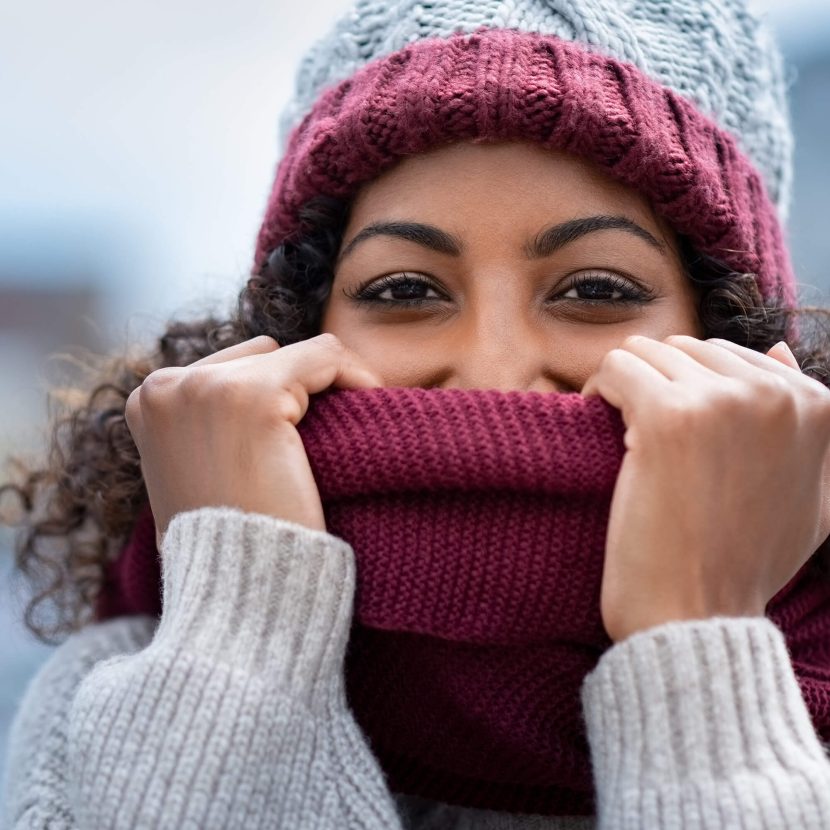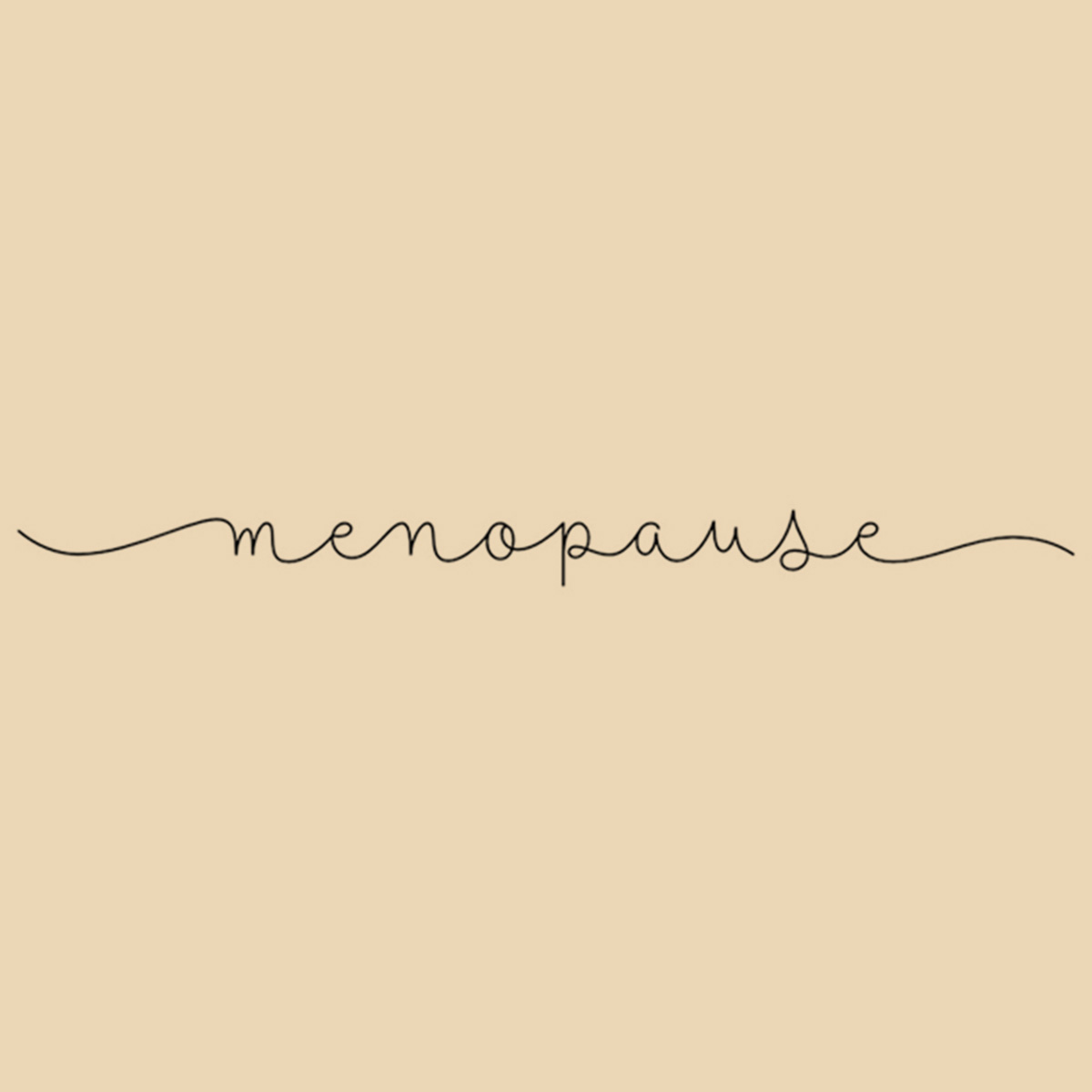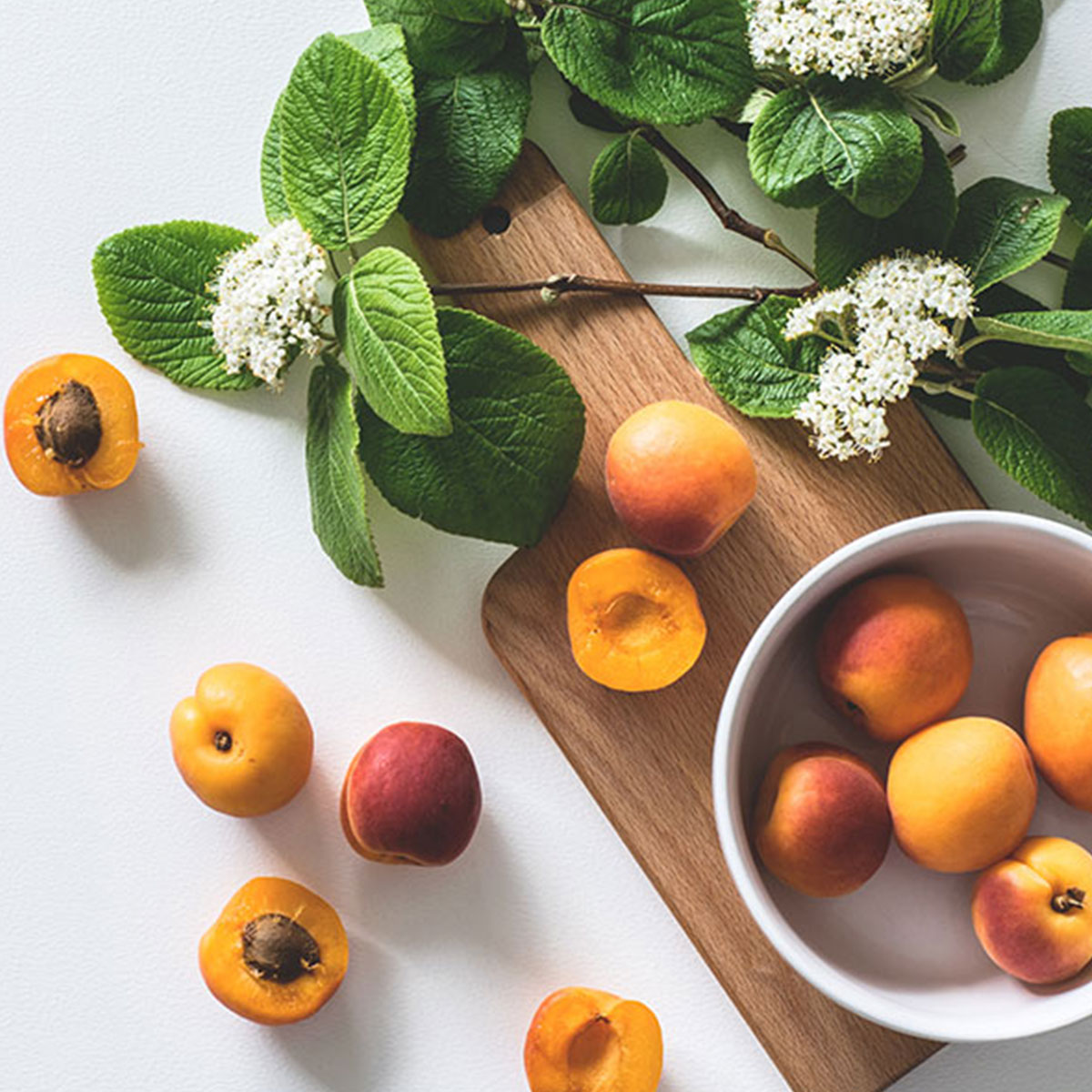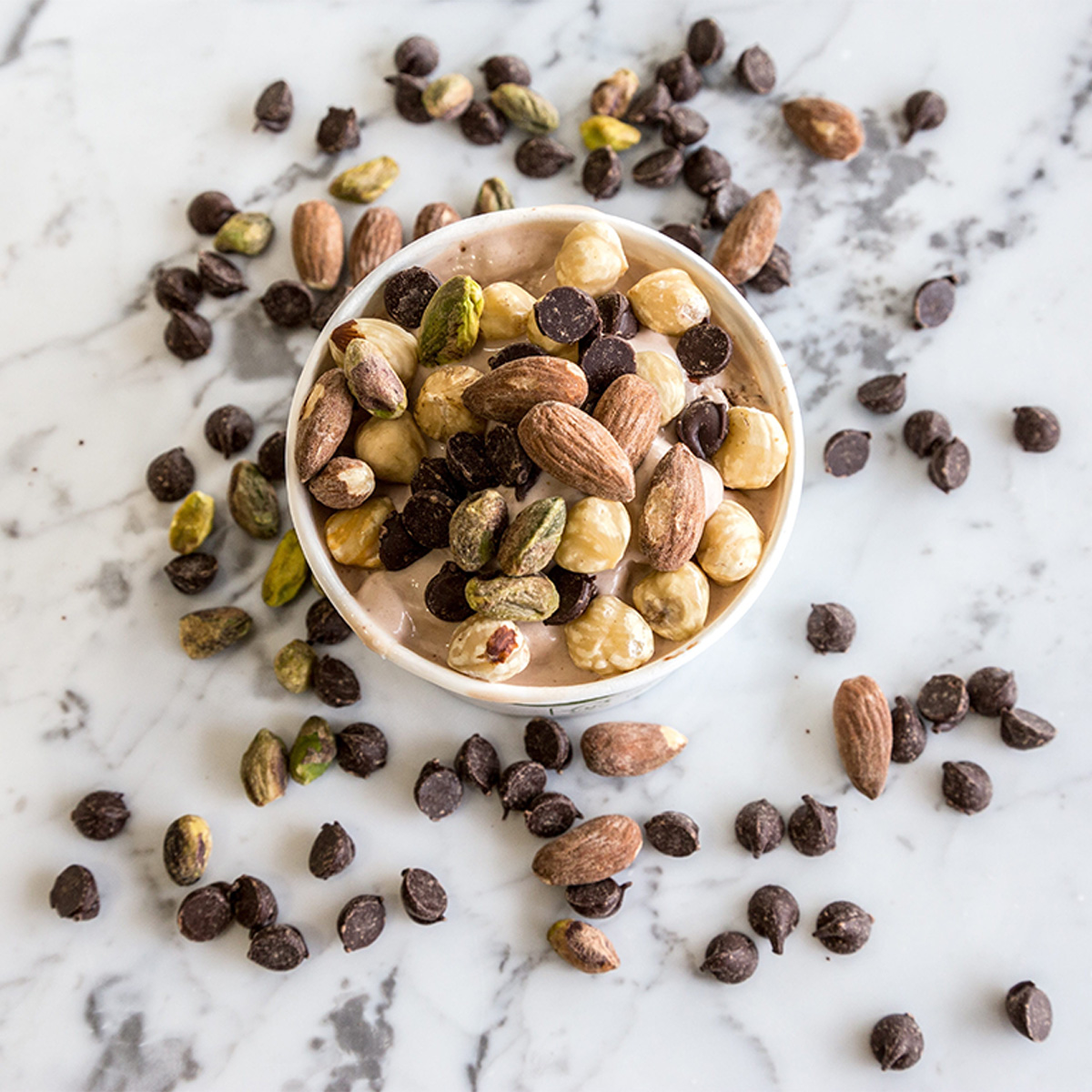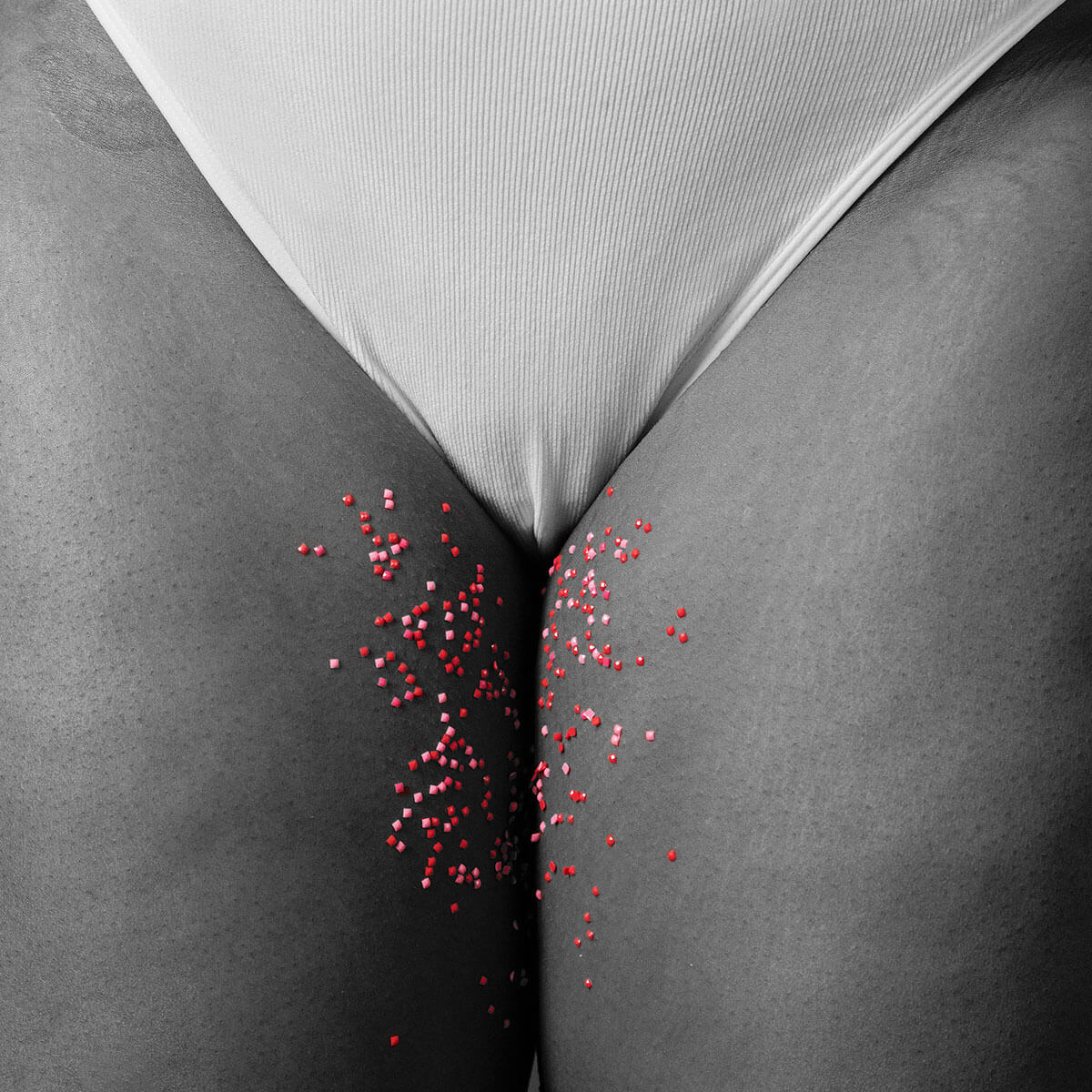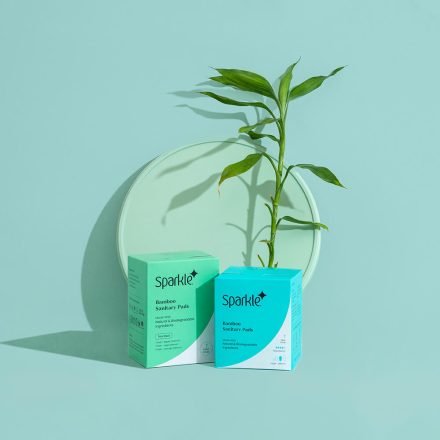Winter is coming! Temperatures dropping, chilly winds blowing, snow falling, things crystallizing…the usage of the word ‘brrrrrr’ is justified indeed!
When we think of the winter months and the added (health) challenges that come along with it, we often touch upon the typical ailments – headaches, cold, cough, seasonal flu, stiff muscles, etc. However, it may come as a surprise to many people that menstrual cycles directly get affected too!
The ‘Chilling’ Truth
You’ve probably observed yourself going into hibernation mode when winters roll around aka lying down in your bed wrapped in a thick blanket with no enthusiasm to visit the outdoors (take that, grizzly bears).
However, while your body goes into this zone, it is also amplifying the effect of your menstrual cycle further. Here are a few ways in which the coldest months of the year can alter your period’s continuity and put you in a pinch:
1. Hormonal Havoc
Winter months are, without a doubt, bitingly cold, but this period of time is also characterised by a distinct lack of sunshine. With the absence of this, the endocrine system and thyroid might slow down, leading to a slower metabolism. As a result, your period cycles can get longer until your body naturally course corrects.
In addition, being continually exposed to gloomy days with no bright streak of sunlight can encourage feelings of sadness, which in turn affects mental health. Since physical and mental health are inextricably connected, this can lead to your menstrual cycle being temporarily affected.
2. Problematic PMS
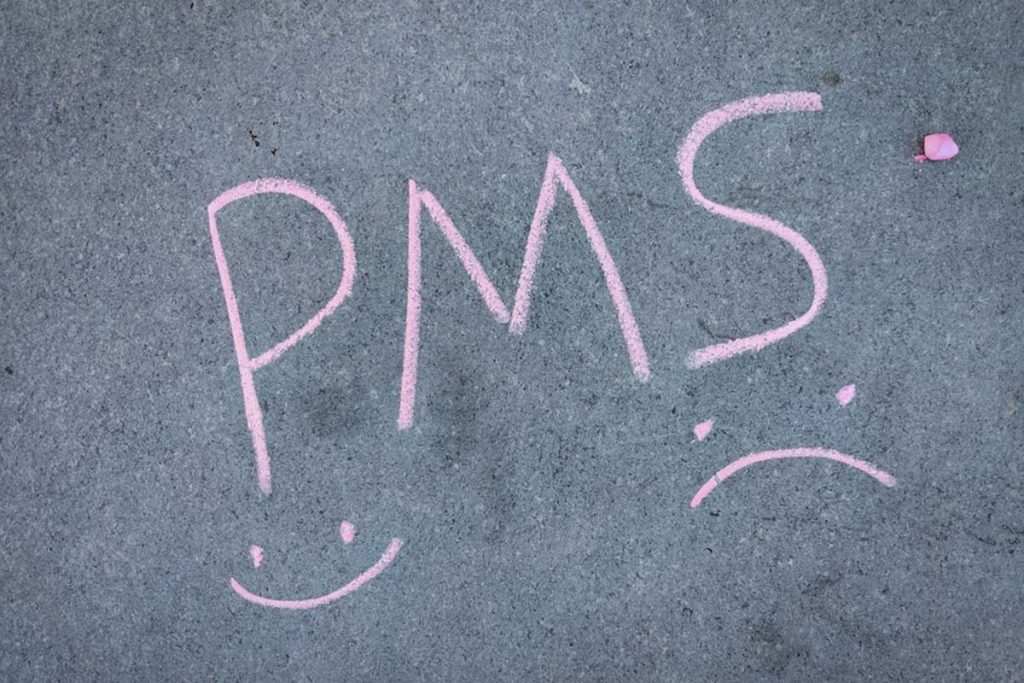
While lack of sunlight can affect hormone production, it can also have a bearing on other aspects. Limited sunshine and vitamin D leads to a lack of calcium, which can trigger the good ol’ PMS right off. Winter also means that you might have the tendency to move less and eat more. This tends to have an effect on PMS symptoms as it creates cycles that are less regular and not as manageable as the summer ones.
3. Painful Periods
The moment the weather turns more chilly, your blood vessels pick up on the drop in external temperatures and start to compress. This naturally leaves a narrower pathway for blood flow, which in turn, has to work hard to reach all parts of your body. The result? The blood flow can get interrupted, leading to an increase in period pain during the winter months.
So it’s absolutely natural that we may not want to move at all and remain a frozen burrito, but it is incredibly important for us to do a few important things that can keep the period pains at bay:
Tips To ‘Freeze’ On
- Hot Water Bottles
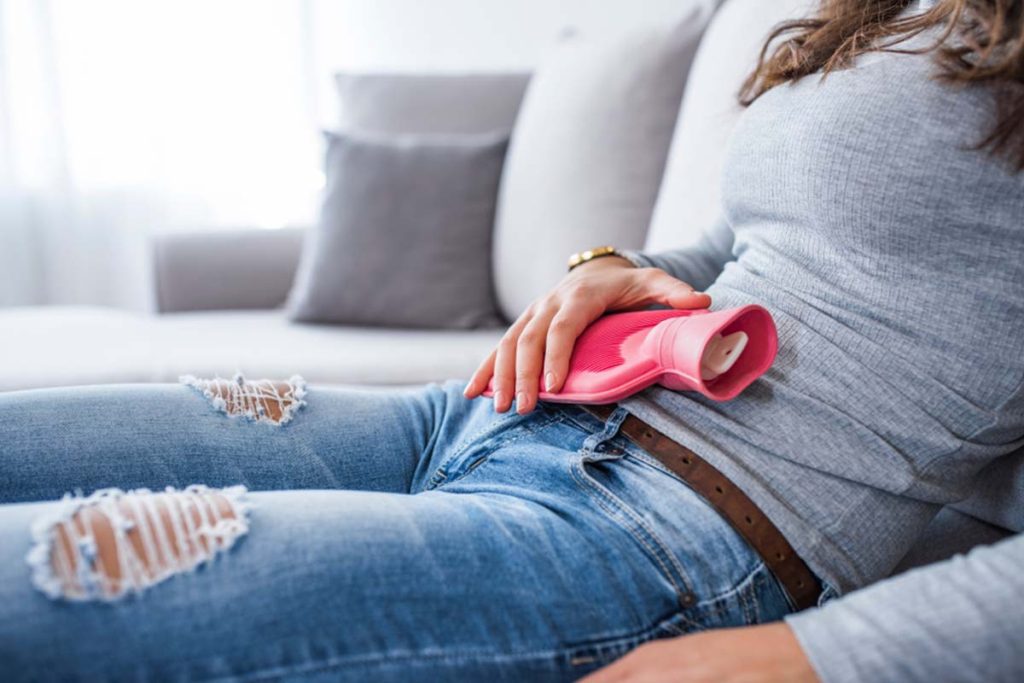
Helps blood vessels relax, as well as relieves the pain caused due to cramps
- Warm Showers

Nothing like hot showers to get the blood flowing, in addition to helping you relax!
- Yoga

Stretches, mindfulness, breathing techniques, and asanas all rolled into one, can help you relax and distract yourself from the pain
- Vitamin D3
Including adequate amounts of this vitamin in your diet can make all the difference during your period – think fatty fish, orange juice, cereals, the works.
- Ginger
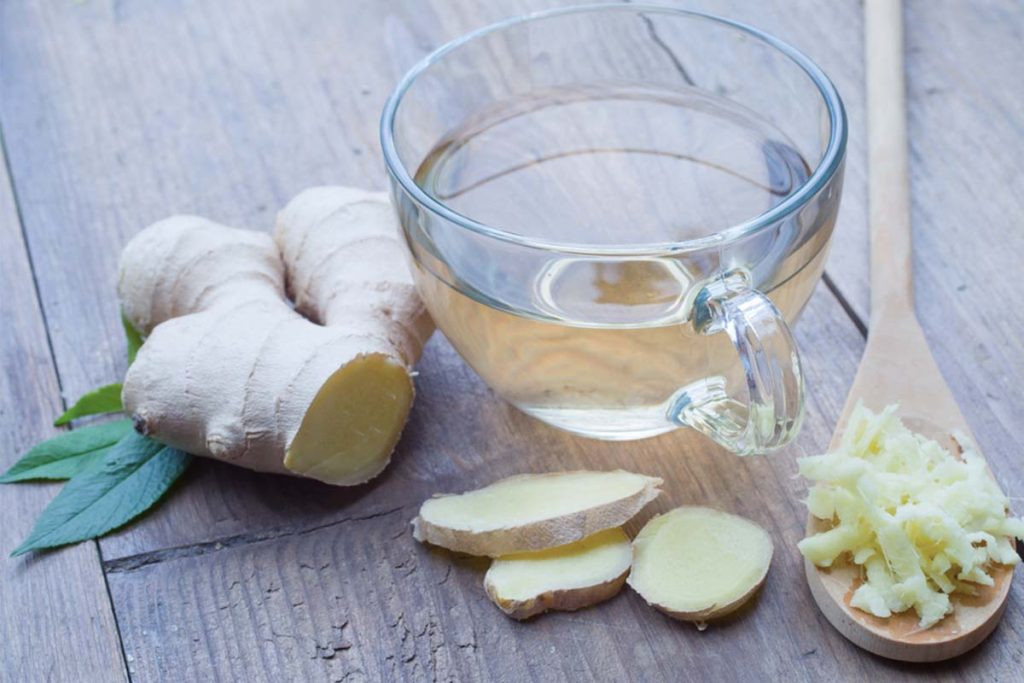
Having a lot of period cramps? Mix the goodness of ginger in some hot tea!
- Be mindful of what you munch on
Avoid cold foods, items that cause bloating and water retention because these months can make you feel super sluggish. This is also a good idea because skipping these items can ease cramps and decrease tension.
Winter is definitely a challenging few months, but if you stick to your guns, stay on track, keep the cold away by pumping your spirits (and exercise regimen) up, you can soon belt out your rendition of ‘Let It Go’ to all your period pains and aches!
